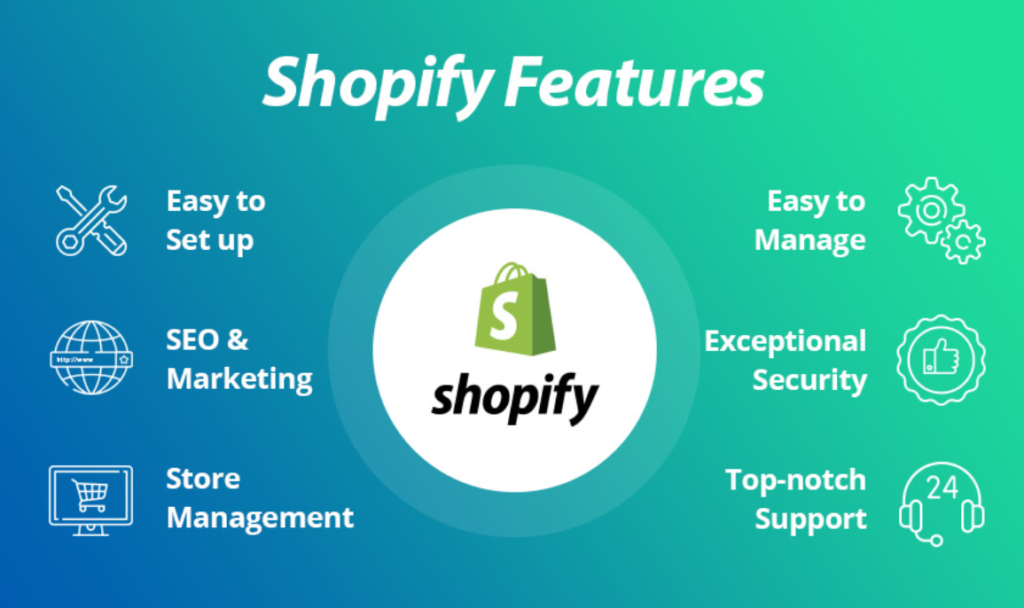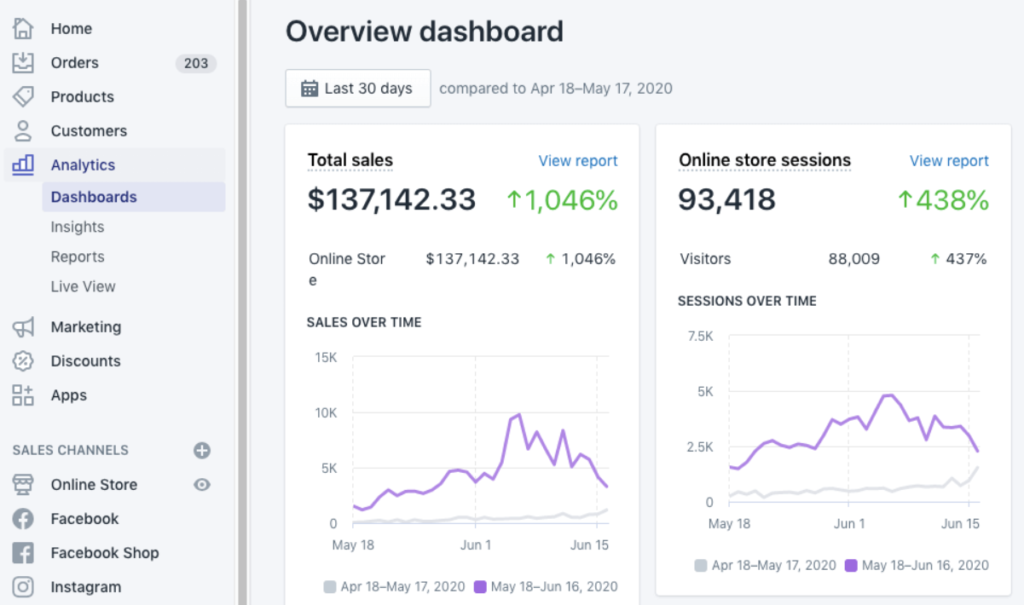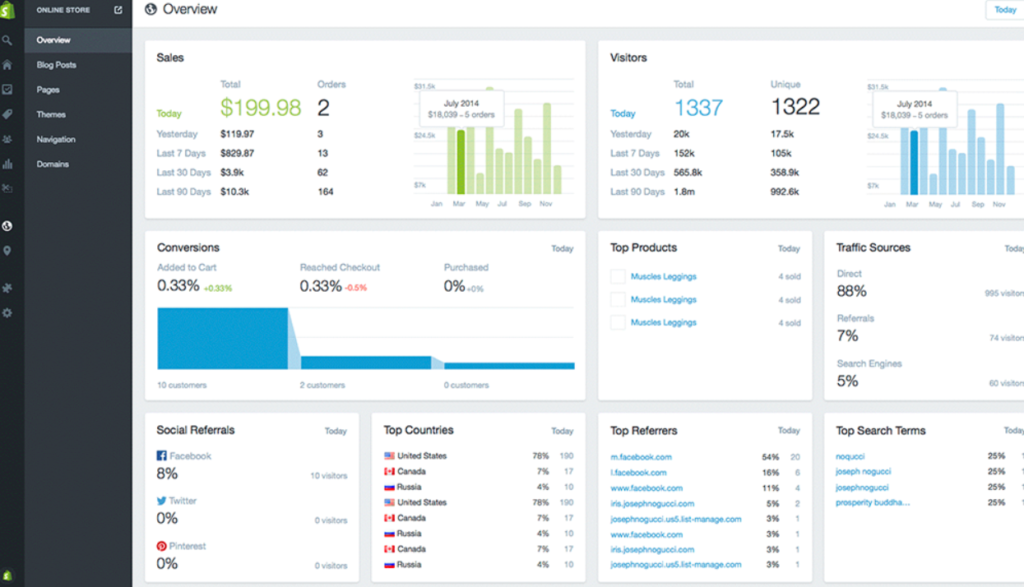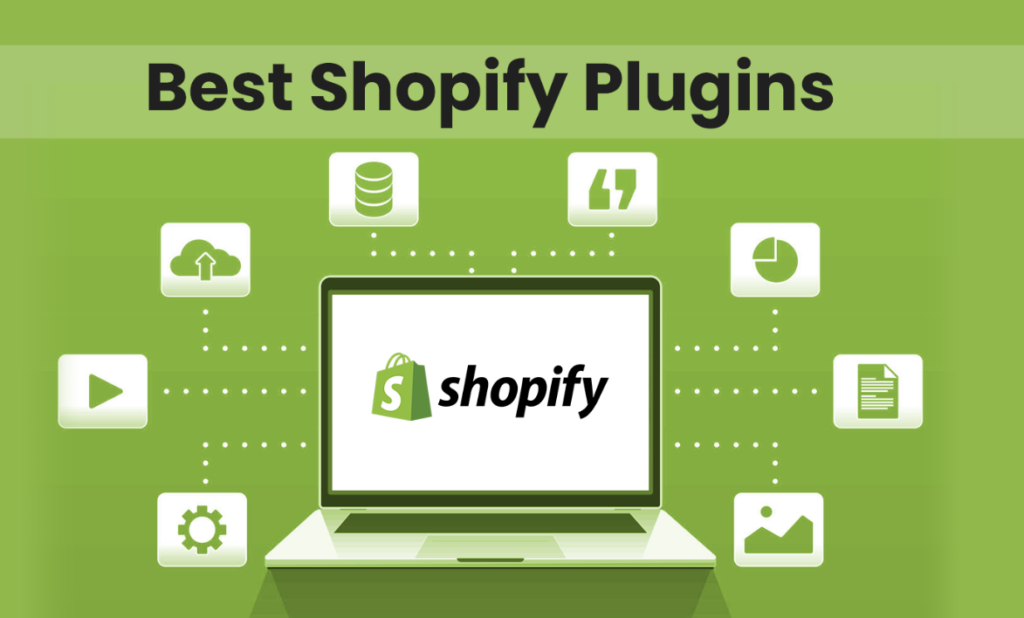In the ever-expanding world of e-commerce, choosing the right platform is crucial for the success of your online business. With a plethora of options available, it’s important to thoroughly evaluate each platform to ensure it aligns with your specific needs and goals. In this comprehensive Shopify review, we will dive deep into the features, benefits, and potential drawbacks of this popular e-commerce solution. Whether you’re a small business owner, entrepreneur, or aspiring online retailer, this review will equip you with the necessary insights to make an informed decision about using Shopify as your go-to platform for establishing and growing your online store.
Introduction to Shopify
To begin, we will provide an overview of Shopify, its position in the e-commerce market, and its impressive growth and success over the years. Shopify has emerged as a leading e-commerce platform, powering millions of online stores worldwide. We will explore the reasons behind its popularity and the diverse range of businesses that benefit from its offerings.
Features and Functionality
One of Shopify’s standout features is its user-friendly interface and intuitive store setup process. We will delve into the simplicity and efficiency of creating an online store using Shopify, including the step-by-step process of adding products, customizing store themes, and managing inventory. Additionally, we will discuss the extensive range of customizable themes and designs available, allowing users to create visually appealing and unique storefronts.
Furthermore, we will analyze Shopify’s robust inventory management capabilities, which enable sellers to efficiently track and manage their product inventory. We will highlight the ease of use when adding products, including features such as descriptions, images, variants, and inventory tracking.
Payment gateways play a crucial role in e-commerce, and Shopify excels in this area by offering a wide array of options for seamless transactions. We will discuss the various payment gateways integrated into Shopify, including credit card processors, digital wallets, and alternative payment methods, providing customers with a convenient and secure checkout experience.
Another aspect we will explore is Shopify’s focus on search engine optimization (SEO) and marketing tools. We will discuss the built-in SEO features, such as customizable meta tags, URLs, and sitemaps, which contribute to improved search engine rankings and increased organic traffic. Furthermore, we will delve into Shopify’s marketing tools, including discount codes, email marketing integrations, and social media integration, which empower businesses to reach their target audience and drive sales.
Moreover, we will highlight the mobile responsiveness of Shopify and its mobile app support, enabling users to manage their stores on the go. With the increasing importance of mobile commerce, we will discuss how Shopify ensures a seamless and optimized shopping experience for mobile users.
Store Customization and Design
Shopify offers a plethora of customization options, allowing users to create visually appealing and unique storefronts that align with their brand identity. We will elaborate on the flexibility and ease of customizing Shopify themes and layouts, including the ability to modify colors, fonts, and page layouts. Additionally, we will discuss the importance of branding and how Shopify facilitates brand consistency through customization options.
Sales and Conversion Optimization
Boosting sales and optimizing conversions are critical for e-commerce success, and Shopify provides several features and tools to assist in these areas. We will discuss the built-in analytics and reporting tools that Shopify offers, allowing sellers to track sales, monitor customer behavior, and gain insights into store performance. By leveraging this data, businesses can make data-driven decisions and implement strategies to improve their store’s performance.
Additionally, we will explore Shopify’s abandoned cart recovery system, which automatically sends email reminders to customers who have left items in their carts without completing the purchase. This feature has proven to be highly effective in recovering potentially lost sales and increasing revenue.
Furthermore, we will highlight the extensive range of integrations and apps available in the Shopify App Store. These integrations and apps cover various aspects such as marketing, customer support, inventory management, and more, allowing businesses to extend the functionality of their stores and optimize their sales and marketing efforts.
Customer Support and Resources
Having reliable customer support is crucial when operating an online business. We will evaluate Shopify’s customer support channels, including live chat, email support, and phone support, and discuss their responsiveness and effectiveness in addressing user queries and concerns. Additionally, we will explore the extensive documentation, guides, and tutorials available in Shopify’s resource center, which provide valuable insights and step-by-step instructions for users.
Furthermore, we will highlight the active community and forums where Shopify users can seek advice, share experiences, and find solutions to common challenges. The presence of a thriving community fosters collaboration and enables users to tap into a wealth of knowledge and expertise.
Pricing and Plans
We will provide an overview of the different pricing plans offered by Shopify, ranging from basic to advanced tiers. Each plan has its own set of features and limitations, and we will delve into the specifics of what each plan offers. By considering the features and pricing structure, readers will be able to assess the value and return on investment (ROI) that Shopify provides for their specific business needs.
Pros and Cons of Shopify
To provide a balanced perspective, we will present the pros and cons of using Shopify as an e-commerce platform. We will highlight the advantages that make Shopify an attractive choice for businesses, such as its user-friendly interface, extensive customization options, and robust app ecosystem. Simultaneously, we will address any potential limitations or drawbacks that users may encounter, such as transaction fees and the learning curve associated with advanced customization.
Conclusion
Shopify is a comprehensive e-commerce platform that offers a wide range of features, customization options, and support for businesses seeking to establish and grow their online stores. Its user-friendly interface, powerful inventory management capabilities, robust SEO and marketing tools, and extensive app ecosystem make it an excellent choice for entrepreneurs and established businesses alike. By considering the features, functionality, support, and pricing, readers can make an informed decision about whether Shopify is the right platform to fulfill their e-commerce aspirations. With Shopify’s comprehensive suite of tools and resources, users can confidently embark on their journey to e-commerce success.















